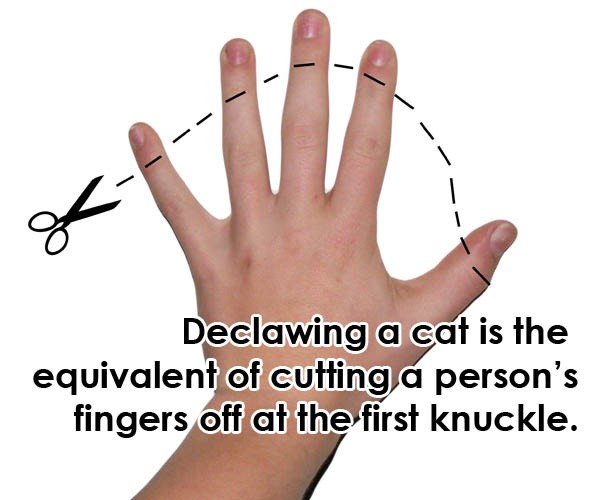
At least 84 percent of the total population of the United States live in urban settings. The density in these areas has often lead to people living in a restricted space, and this lifestyle is not ideal for most pets, especially cats.
Domesticated cats are descendants of the African wild cat, a carnivore born to hunt. Unfortunately, urban lifestyle could be restricted to them which could lead to serious problems like inactivity and stress.
So how can you make sure that your feline babies can strive even if they are confined indoors most of the time? Here is what scientists said.
1. Pick the right cat.
If you have not bought or adopted a cat yet, then you need to know this.
Like humans, cats have different personalities and needs. For instances, hyperactive cats, stray cats with minimal indoor experience, or cats that are hostile around people are not ideal for indoor lifestyle.
When adopting a rescued cat, go for something that has indoor experience. You might also pick older cats, since they usually have sedentary lifestyle.
2. Provide a personal space
You probably have a habit of secluding yourself once you are stressed. It goes the same with your cats.
As we all know already, cats love to hide in a box or climb on high areas. Invest on "cat box" and "cat tree" if you're financially capable, but an ordinary cardboard box may do, along with your shelf or kitchen counter.
Cats in hiding must also not be bothered, especially if it is on a silent place. They are "de-stressing". However, be mindful -- if your cat hides a lot, maybe your house is not cat-friendly at all. Too much stress can lead to illnesses such as feline idiopathic cystitis.
You probably have noticed that cats love to scratch. It is their act of maintaining their claws. Provide them with scratching posts so that they will not target your furniture.
Remember, do not ever consider de-clawing them. Aside from it hindering their ability to climb effectively, it involves cutting the end of their paws. It is like severing the tip of your fingers to remove the nails completely.

3. Train them to hunt
As said earlier, cats are born hunters. Instead of just dumping their food in their bowl, turn their feeding time to hunting activity. You can do that by scattering the food on the floor or hiding it on puzzle feeder. You can also invest on food-dispensing cat treat toys.
Toys can also simulate their hunting activities even without food. Make your cat chase feather wand, laser toy or mice toy.
This activity normally encourages pouncing and chasing, which requires some burst movement for them. Getting them to move while eating a smaller amount can reduce the risk of obesity while also improving their overall health and happiness.
4. Personal hygiene
Cats have personal grooming rules. Aside from cleaning themselves regularly, their most notable behavior is they are litter-trained.
Like humans, cats also consider pooping as a private activity, so make sure you put their litter box on a place that is not exposed. Don't forget to use unscented litter and change it regularly.
© 2025 NatureWorldNews.com All rights reserved. Do not reproduce without permission.





